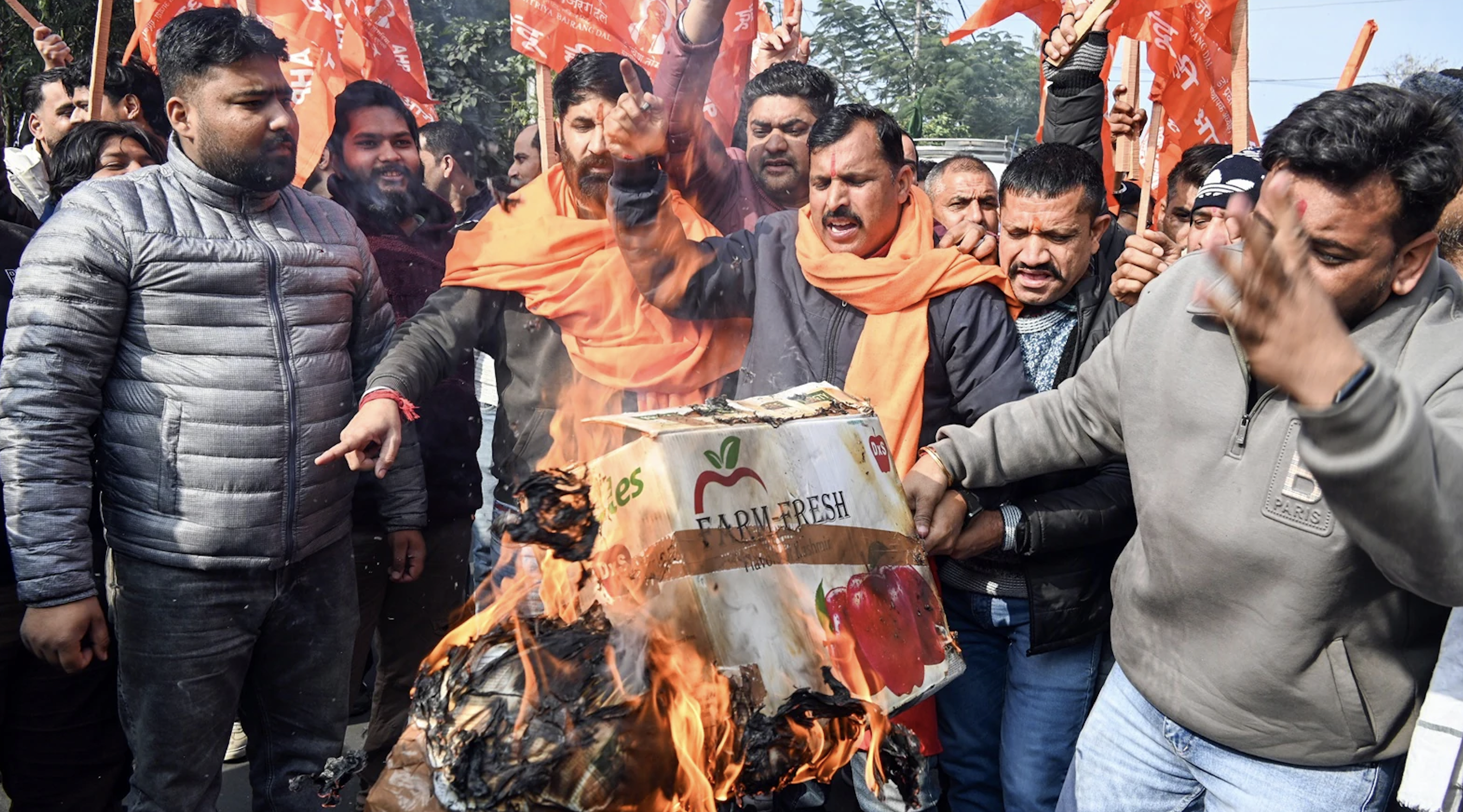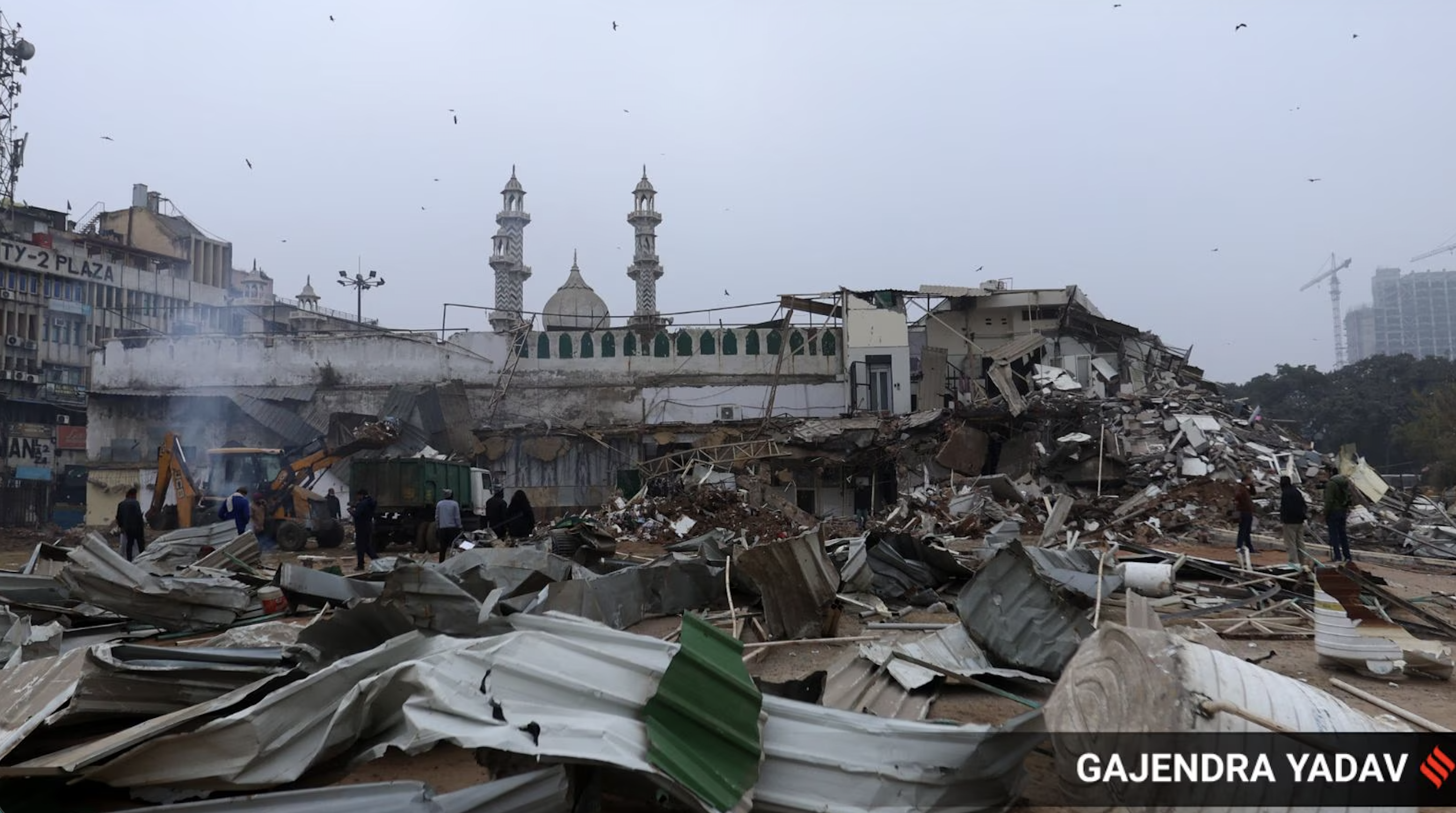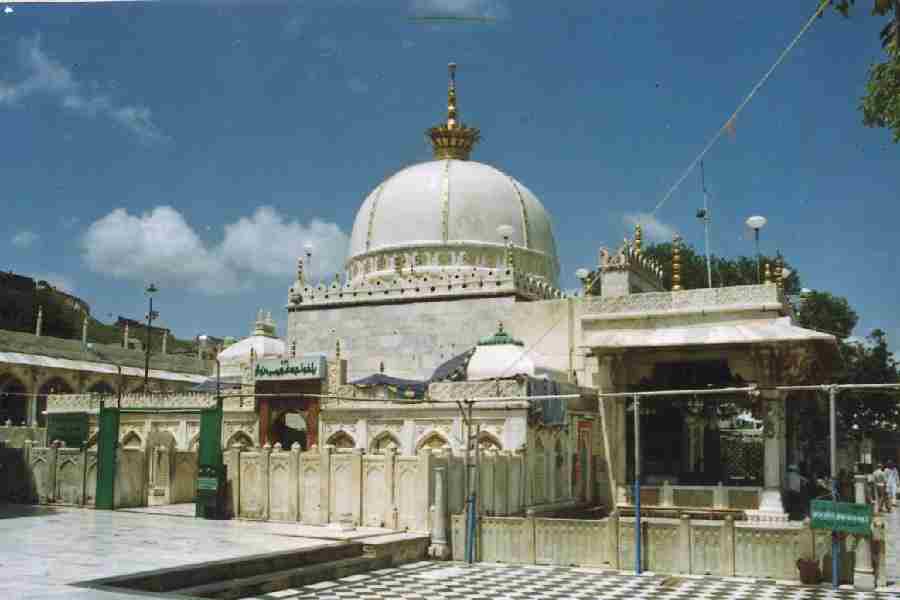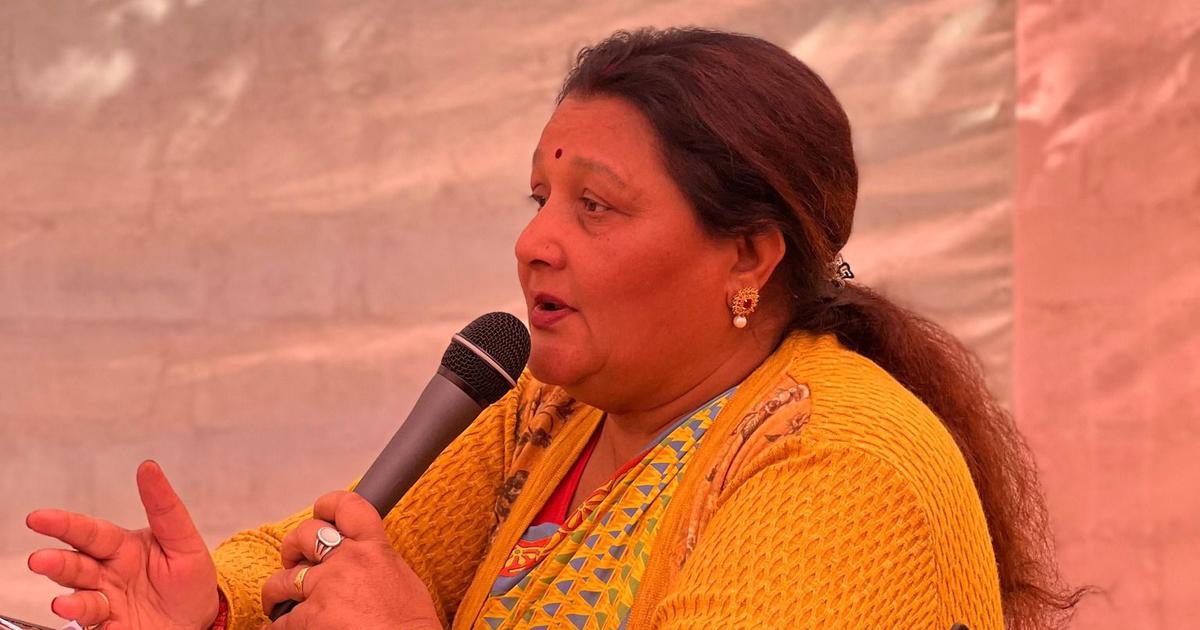
A local administration accused of illegally tearing down a mosque in the Indian state of Uttar Pradesh has filed a police case against nine local Muslim leaders who challenged the demolition.
On Monday, Masjid Gareeb Nawaz Al Maroof in Barabanki district was bulldozed without notice after it was declared an illegal structure by the local administration, which had contested its presence.
The demolition provoked outrage and fear in the local community and across India, with the administration accused of inflaming religious tensions in the area. Local muslims said they fled after the demolition and the members of the committee that ran the mosque went into hiding.
The committee said the demolished mosque was at least six decades old, and have documents including a 1959 electricity bill and a notarised 1991 land survey map to prove its long-time presence in Barabanki. A statutory body overseeing the mosque, known as the waqf board, said it was “a century old” and locals said their grandfathers and great-grandfathers used to pray there.
Documents show the mosque was registered as a “waqf property” in 2019, meaning it was an officially registered mosque and not under the jurisdiction of the local administration. It was only around 2019 that it became mandatory for many mosques to be registered with the state waqf board.
The demolition of the mosque on Monday afternoon was carried out on the orders of the subdivisional magistrate (SDM), the most senior figure in the local administration. The Barabanki administration had been disputing the mosque, which stood opposite the residence of the SDM, since March.
Following the public outcry that followed the mosque’s demolition, on Thursday evening a local administration official lodged a police report, known as an FIR, against all eight members of the mosque committee and an officer from the Uttar Pradesh state waqf board. It accused them of fraudulently registering a structure “illegally built on government land” as a waqf mosque in 2019, without informing the local authority.
The local authority alleged to police that there was a conspiracy by the mosque committee and waqf board to get the property registered as a mosque and subsequently claim illegal ownership of government land.
Adarsh Singh, the Barabanki district magistrate, said: “Suppose someone starts worshipping in a building that does not belong to them, and then gets it registered with a religious body. That does not mean it automatically belongs to them. This is simply a case of people encroaching on government land illegally and trying to sanctify that encroachment by resorting to religion.”
“The documents clearly state that this was government property and they do not have rights over it,” he said, adding that the SDM had acted “in complete compliance with the law”.
The local administration is accused of violating a high court order, passed on 24 April in the wake of the pandemic, where all demolitions and evictions in the state were ordered to be halted until 31 May.
Talha Rahman, a supreme court lawyer, also disputed the legality of the action taken by the Barabanki administration. Rahman said that according to the 1995 Waqf Act, once a mosque has been officially placed on the state waqf register, “it is not in the power of the SDM to decide or revoke the status of a registered waqf property, or to take action against registered waqf property”.
“As clearly stated in law, only the waqf board itself has the legal authority to hold a tribunal to investigate any complaints – no other authority can decide,” said Rahman.
In the case of the Barabanki mosque, no waqf tribunal was formed and the Uttar Pradesh waqf board was not told about the demolition order until the mosque was destroyed.
Rahman said the FIR filed by the local administration against the mosque committee had the hallmarks of a “SLLAPP suit”. As referenced in a 2016 ruling, a SLLAPP suit is a lawsuit “intended to censor, intimidate and silence critics by burdening them with the cost of a legal defence until they abandon their criticism or opposition”.
Asaduddin Owaisi, a member of parliament and the president of the All India Majlis-e-Ittehadul Muslimeen party, said the demolition had set a “dangerous precedent”. He compared the action to the demolition of the Babri mosque in 1992, also in Uttar Pradesh, which was torn down by a Hindu rightwing mob in one of the most inflammatory acts of communal violence in India’s post-independence history.
“As with Babri Masjid, yet again we see a grave violation of the principles of natural justice, a violation of rule of law as well as a violation of high court and supreme court orders,” said Owaisi.
The state government of Uttar Pradesh is controlled by the Hindu nationalist Bharatiya Janata party (BJP), which also governs at national level. The chief minister is the hardline Hindu nationalist Yogi Adityanath, who is known for communal policies and speeches that have splintered the state further down Hindu-Muslim lines.
This story first appeared on theguardian.com






